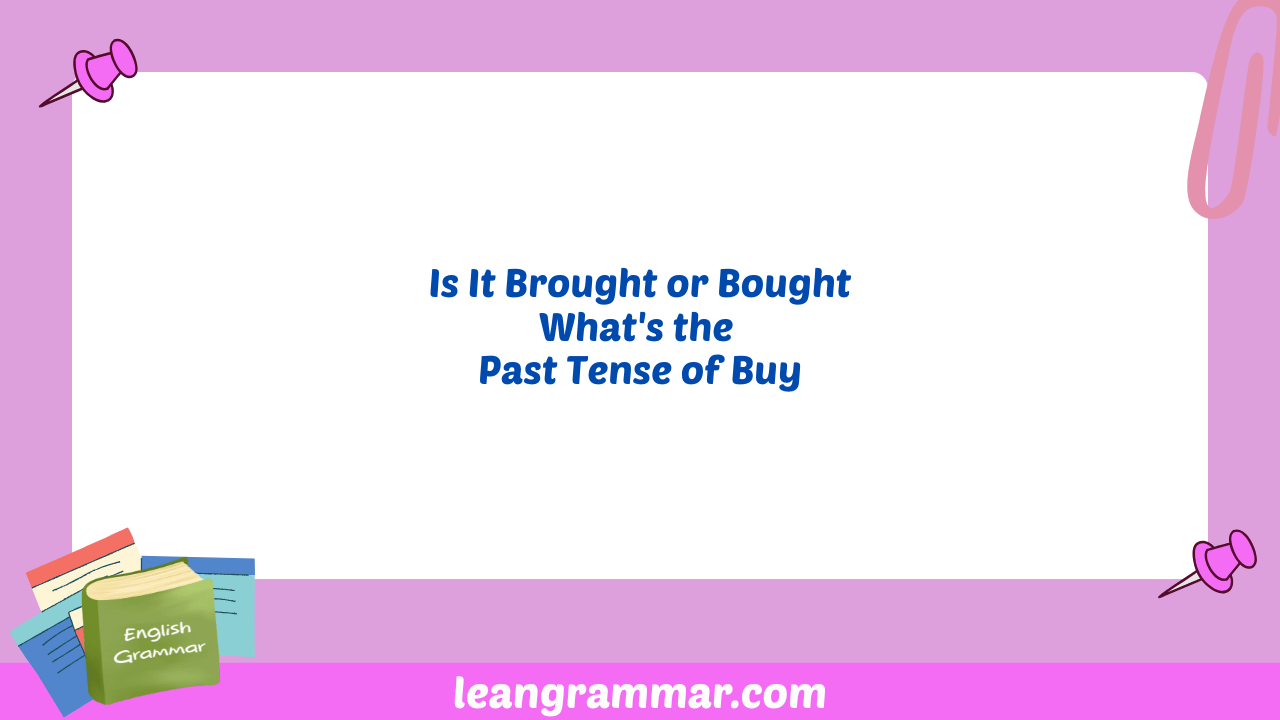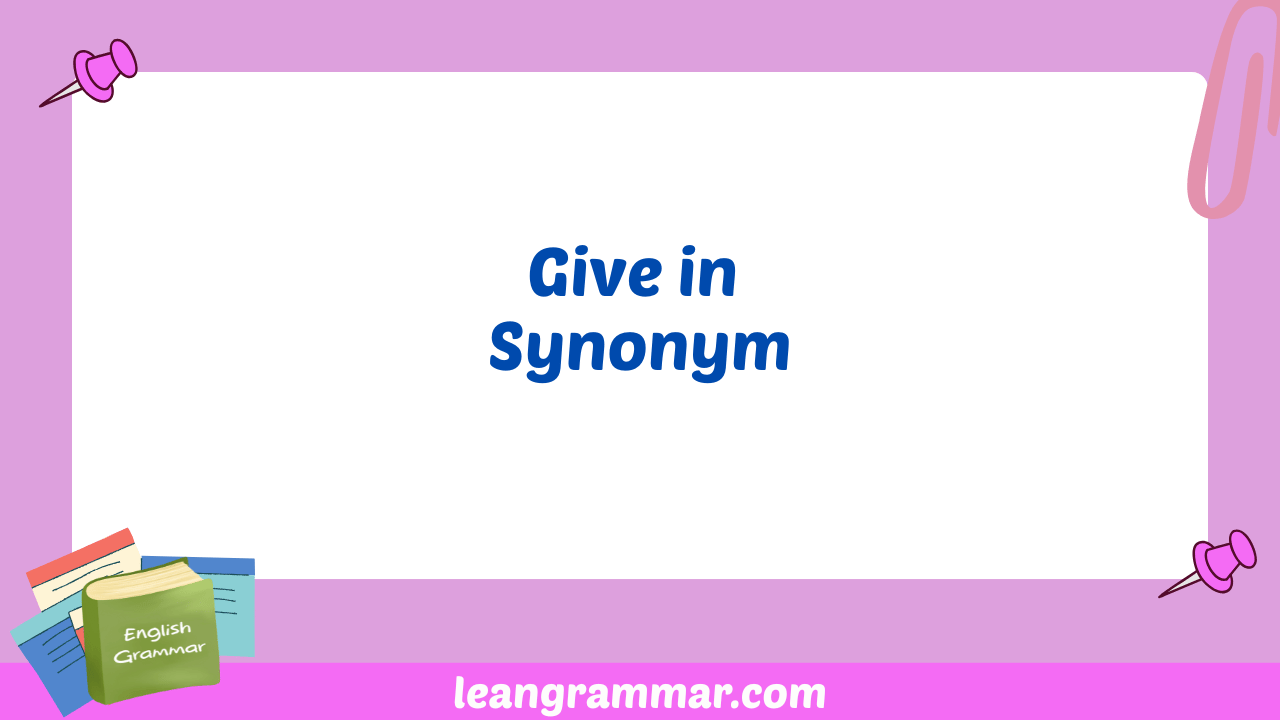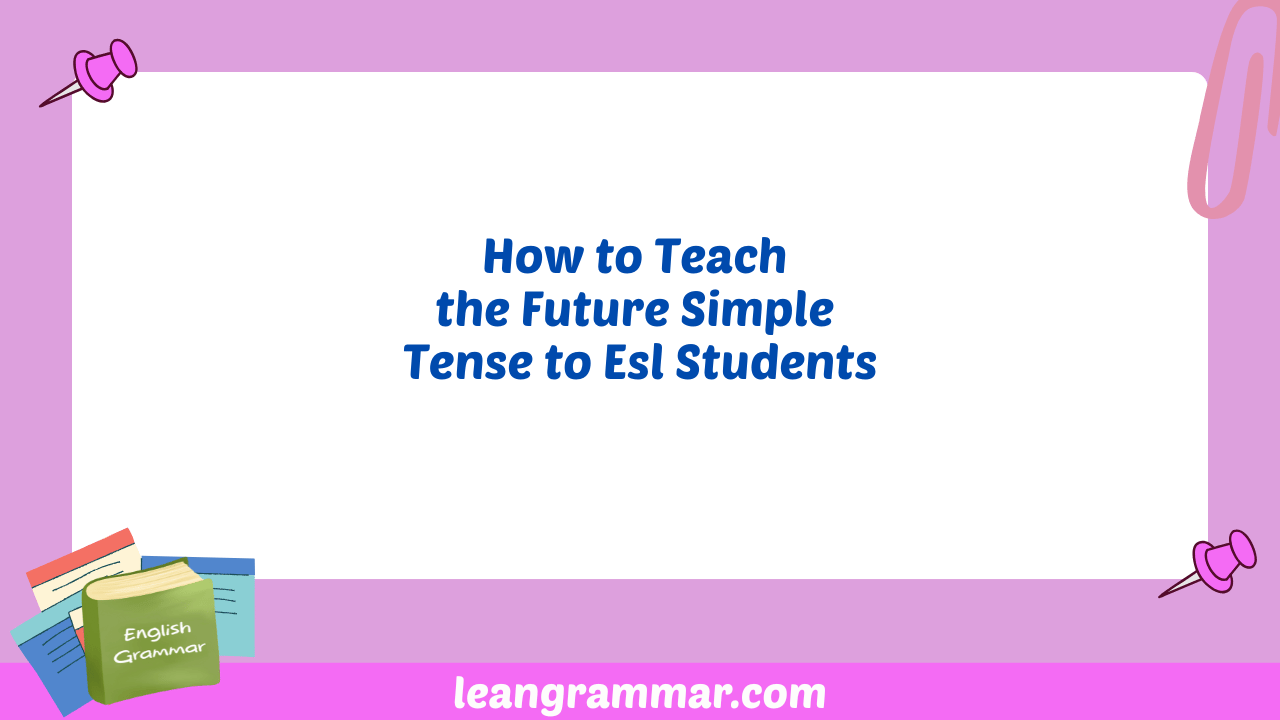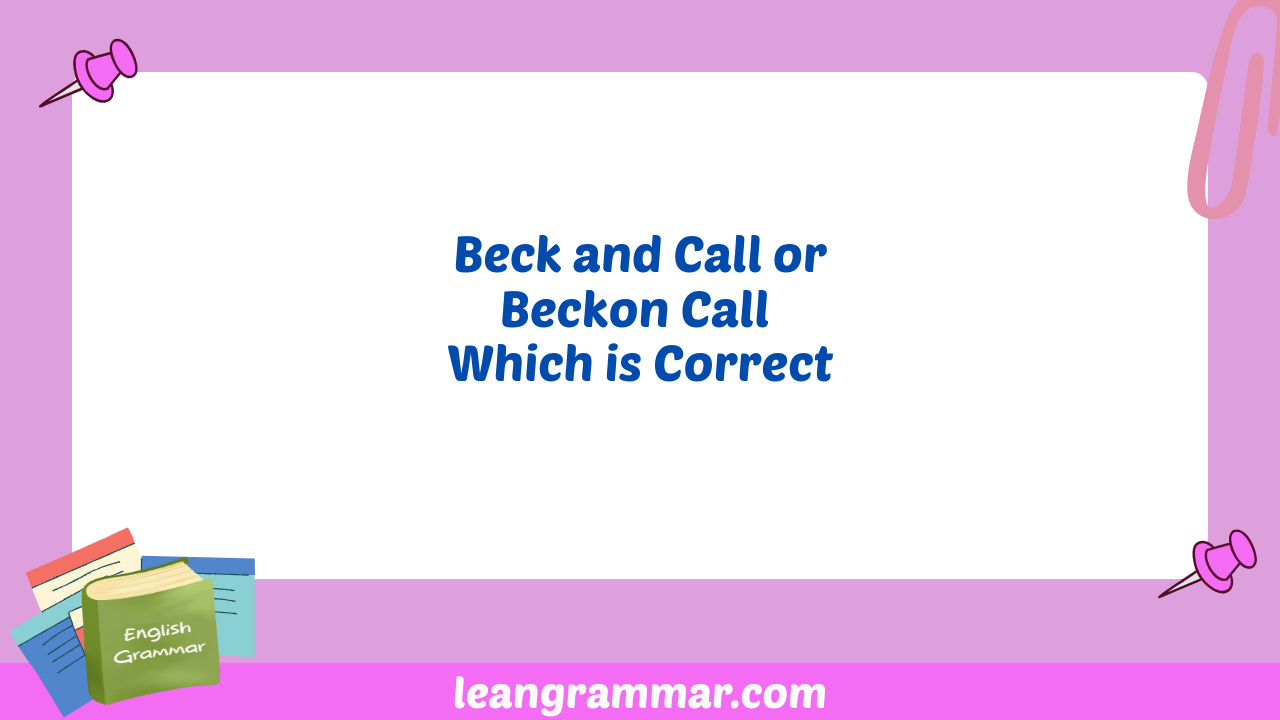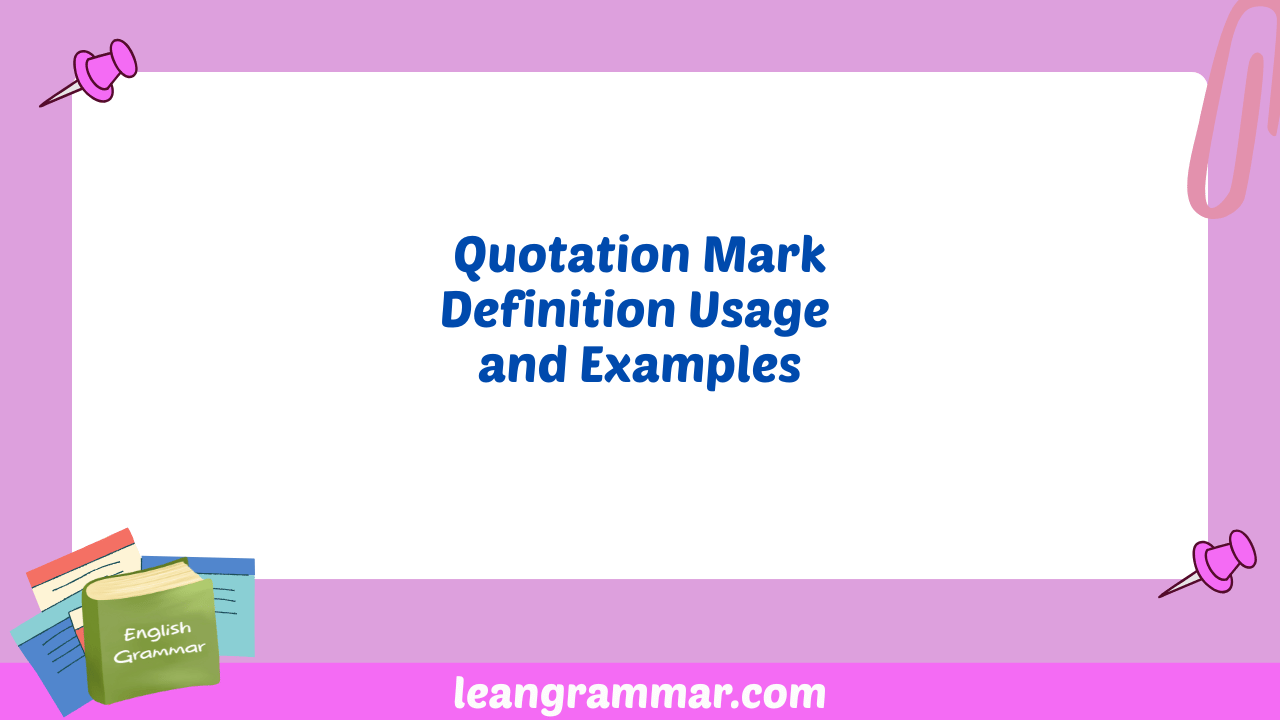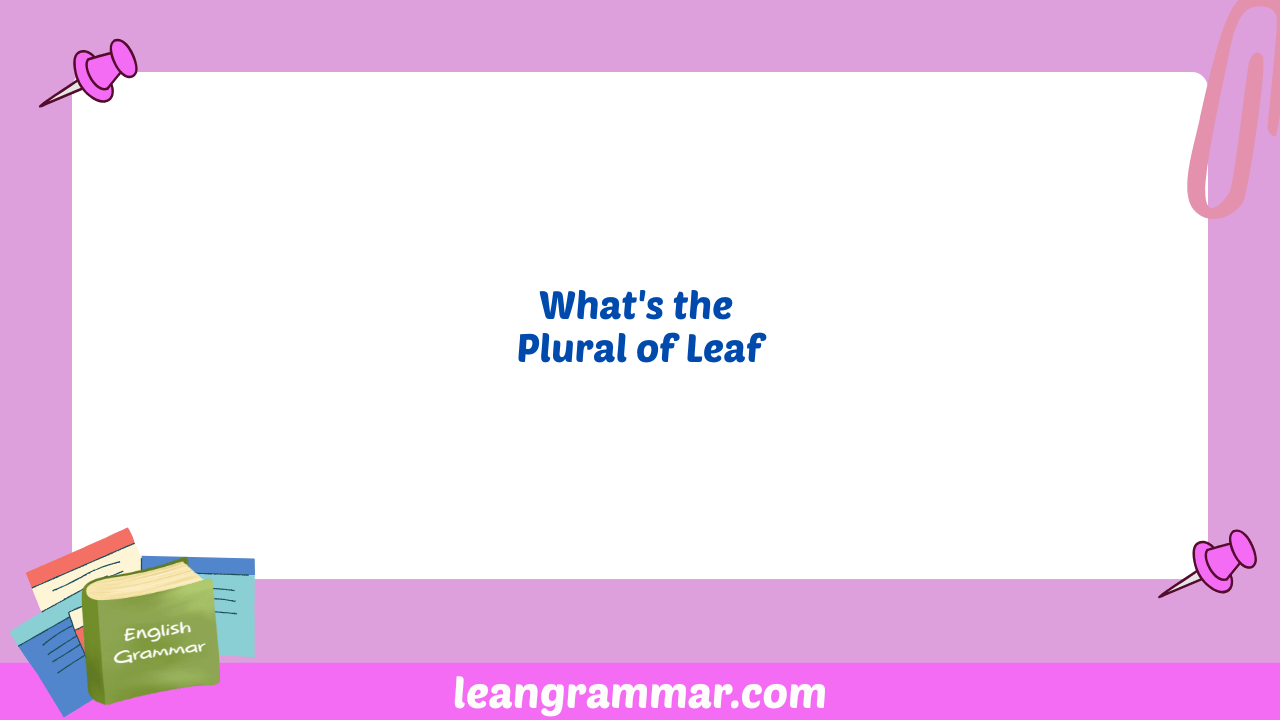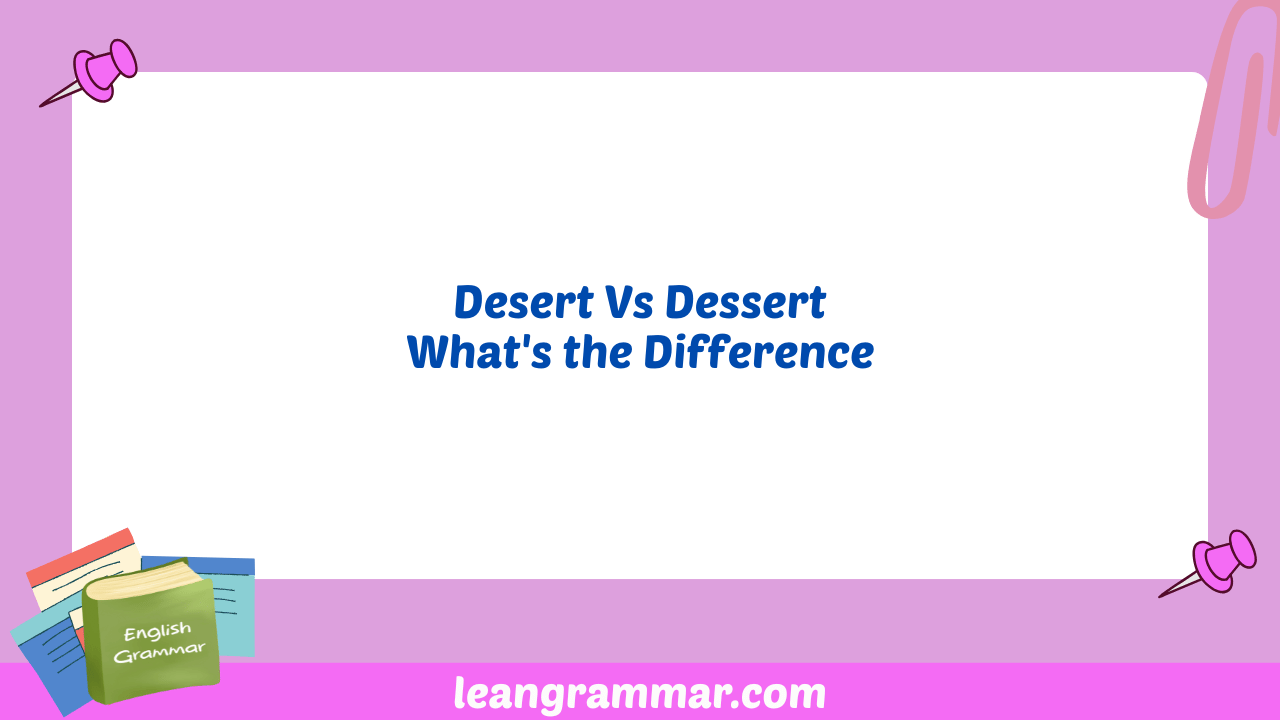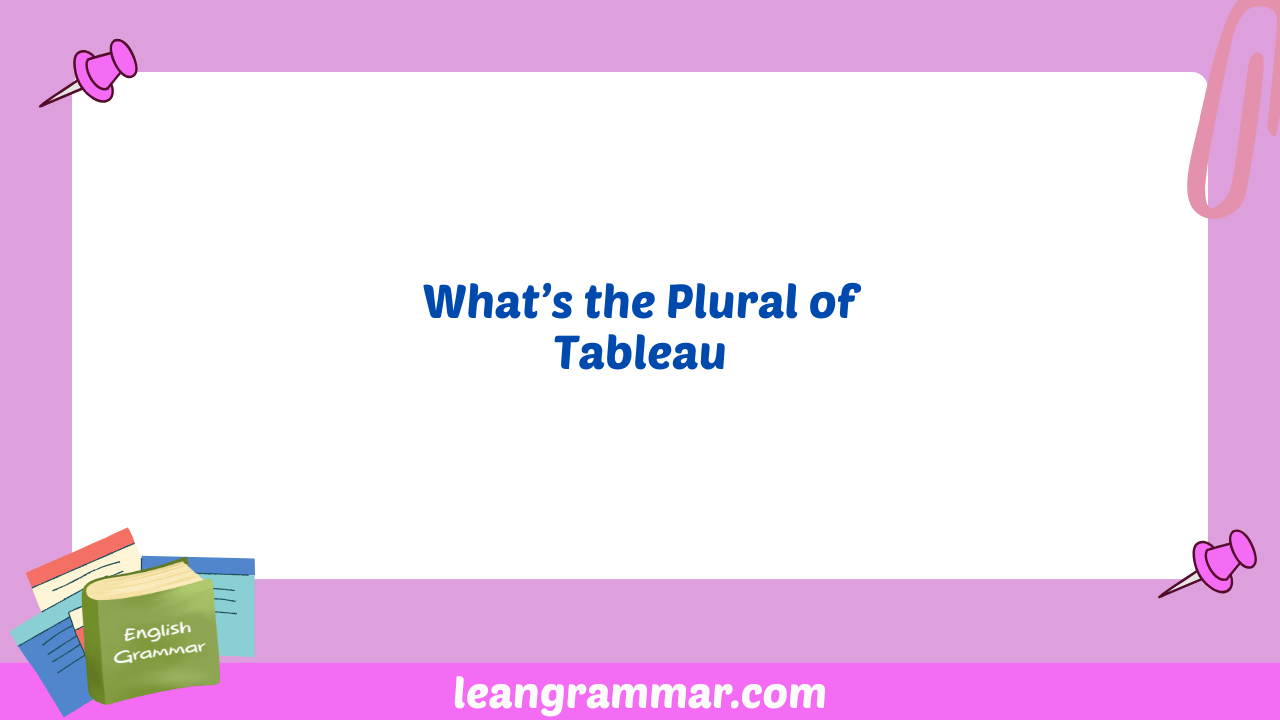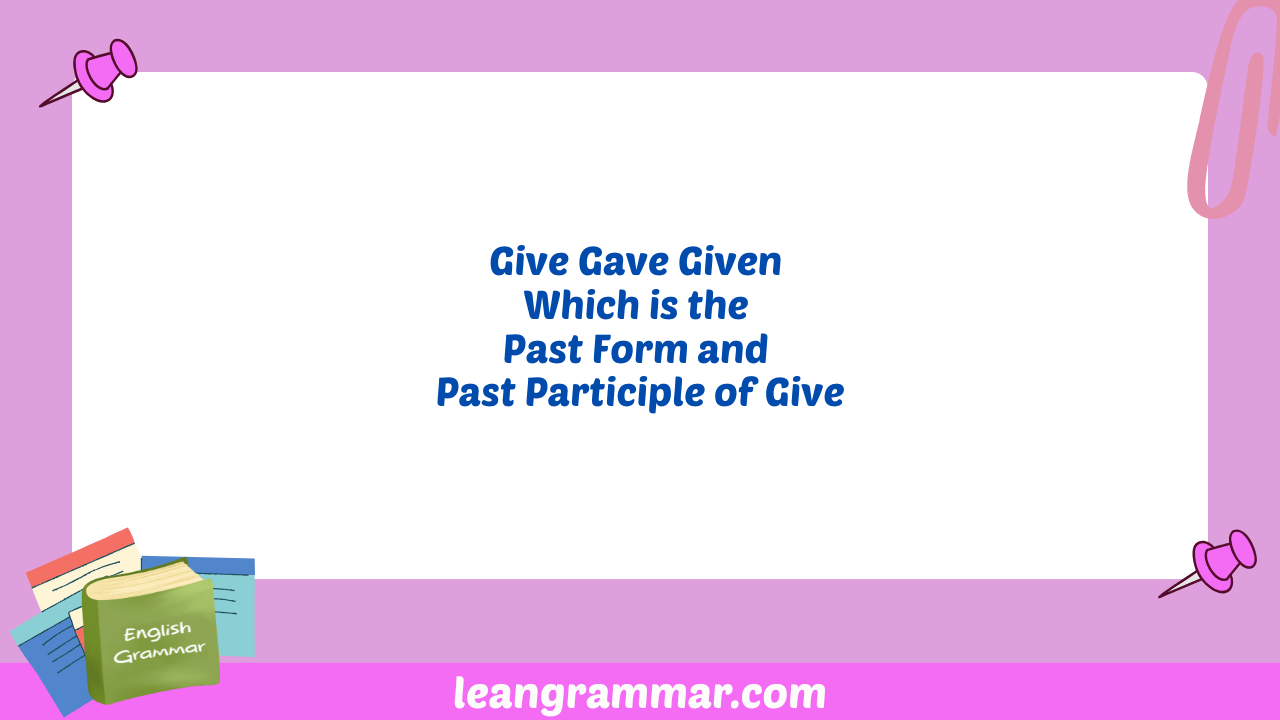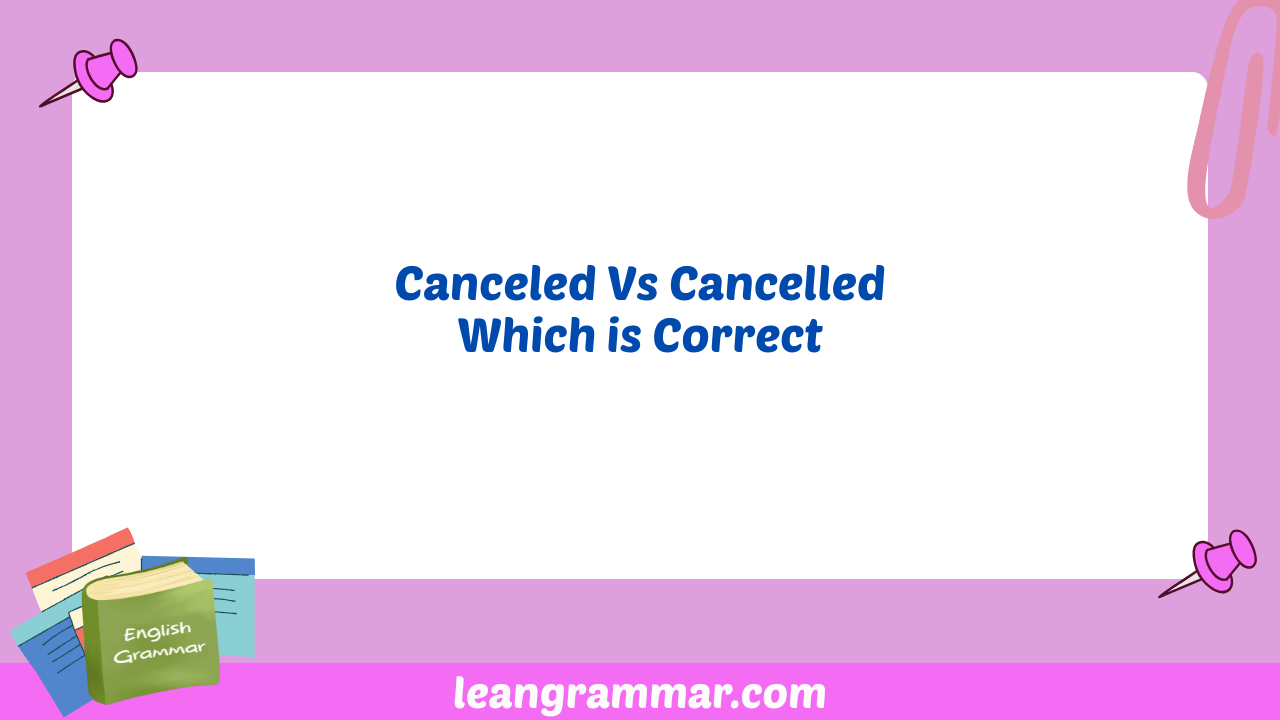Brought vs. Bought: Mastering the Past Tense of “Buy”
Understanding the difference between “brought” and “bought” is crucial for clear and accurate communication in English. These words, though similar in appearance, have distinct meanings and uses. Mastering their correct application will significantly improve your writing and speaking skills. This article provides a comprehensive guide to help you distinguish between “brought” and “bought,” covering definitions, … Read more
